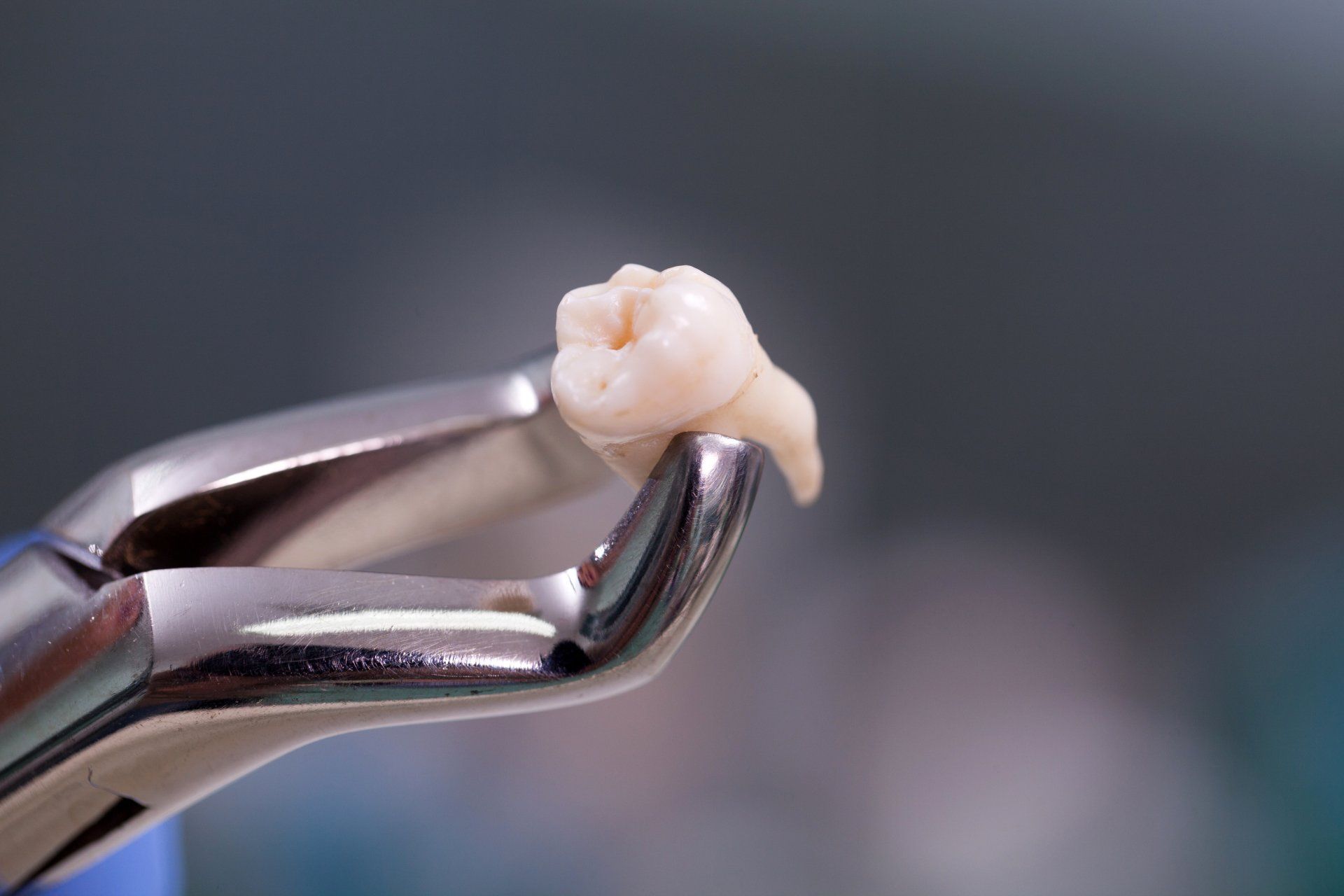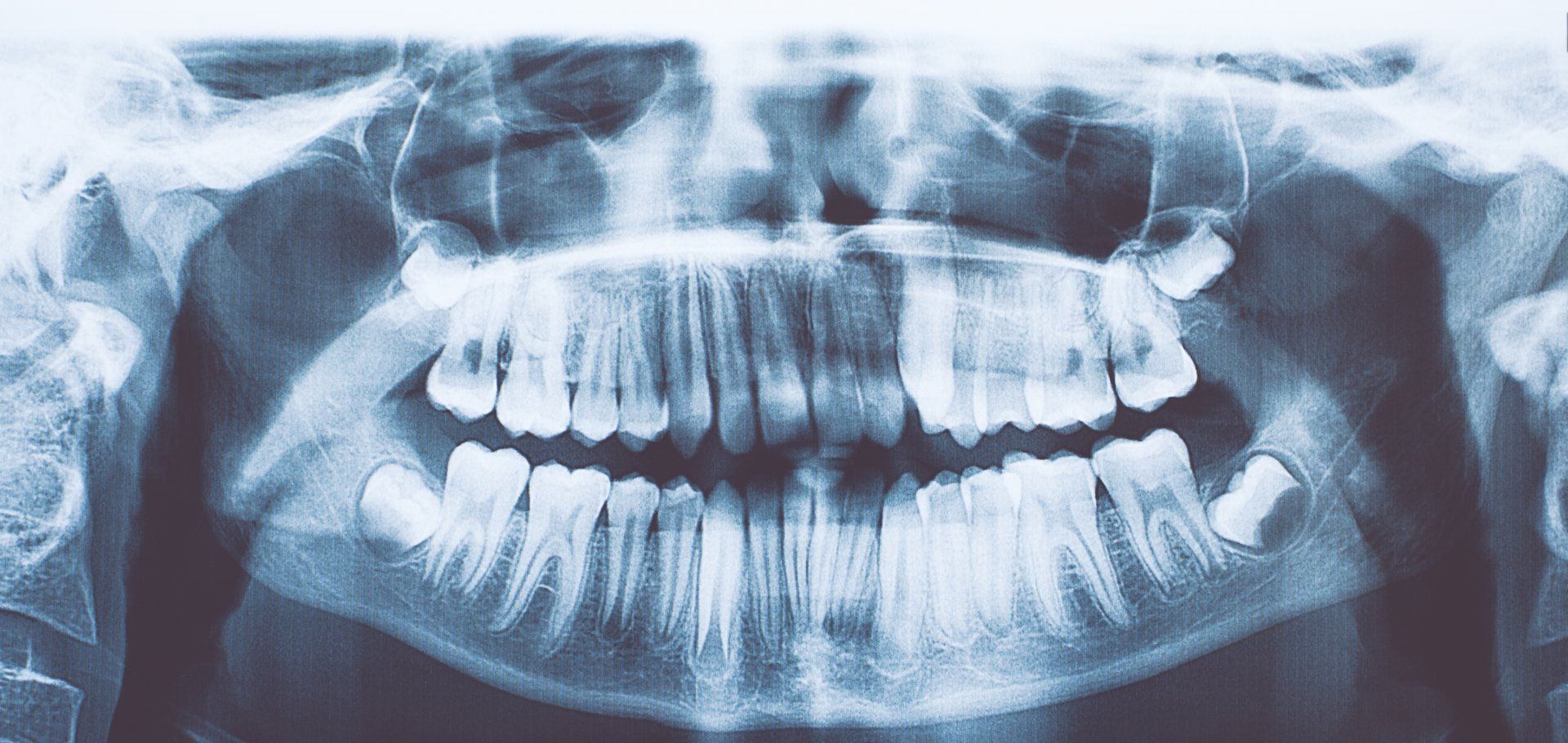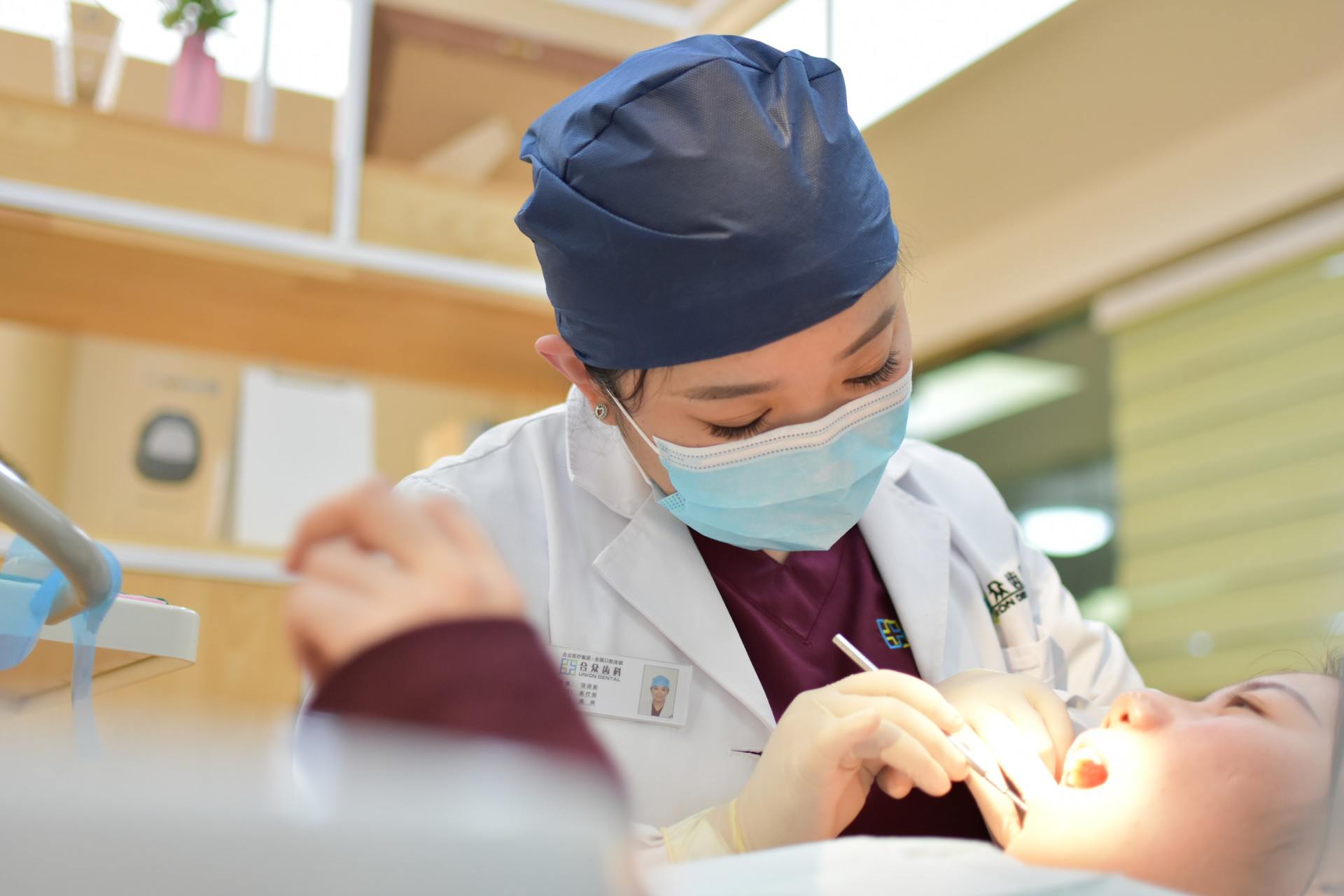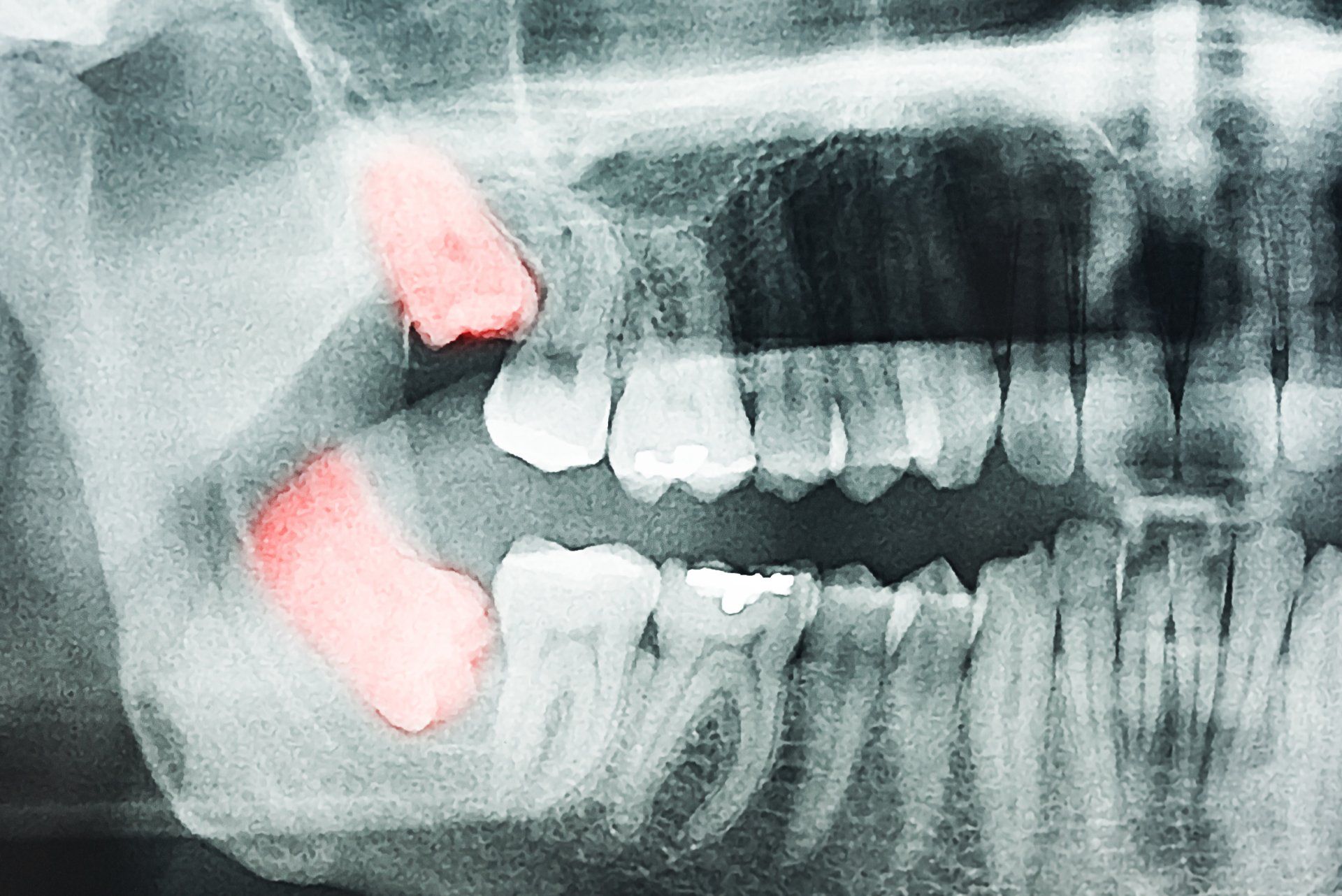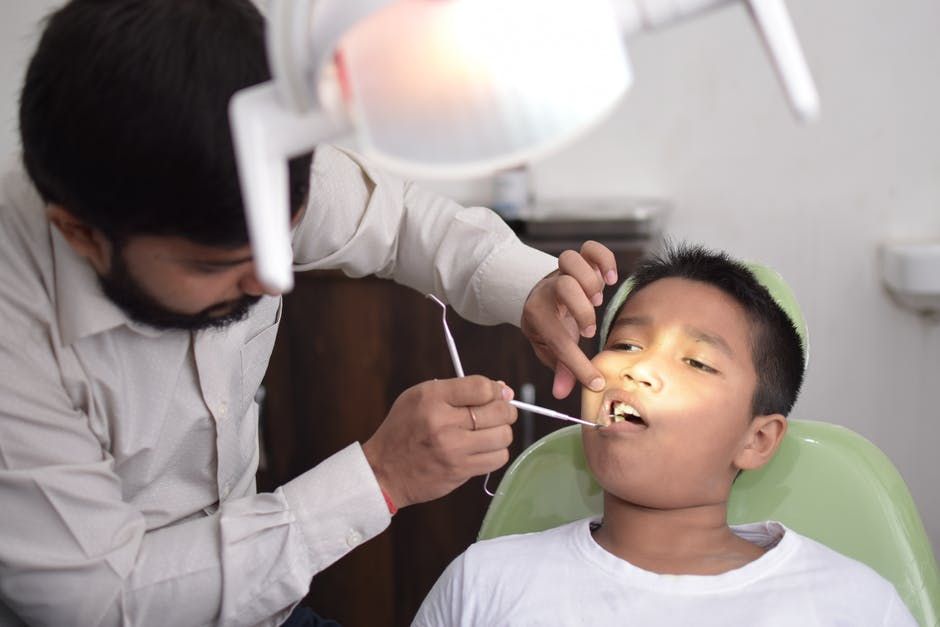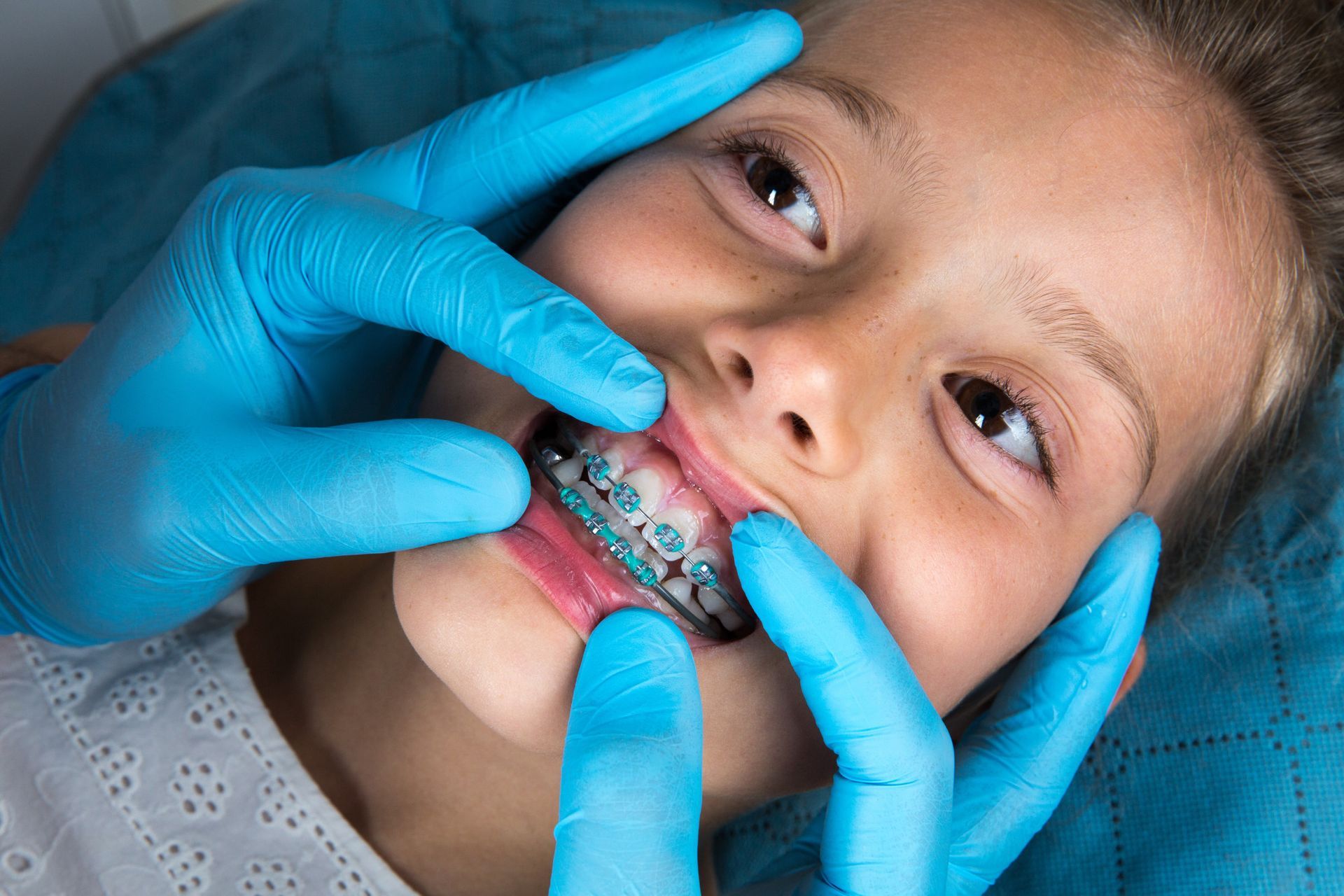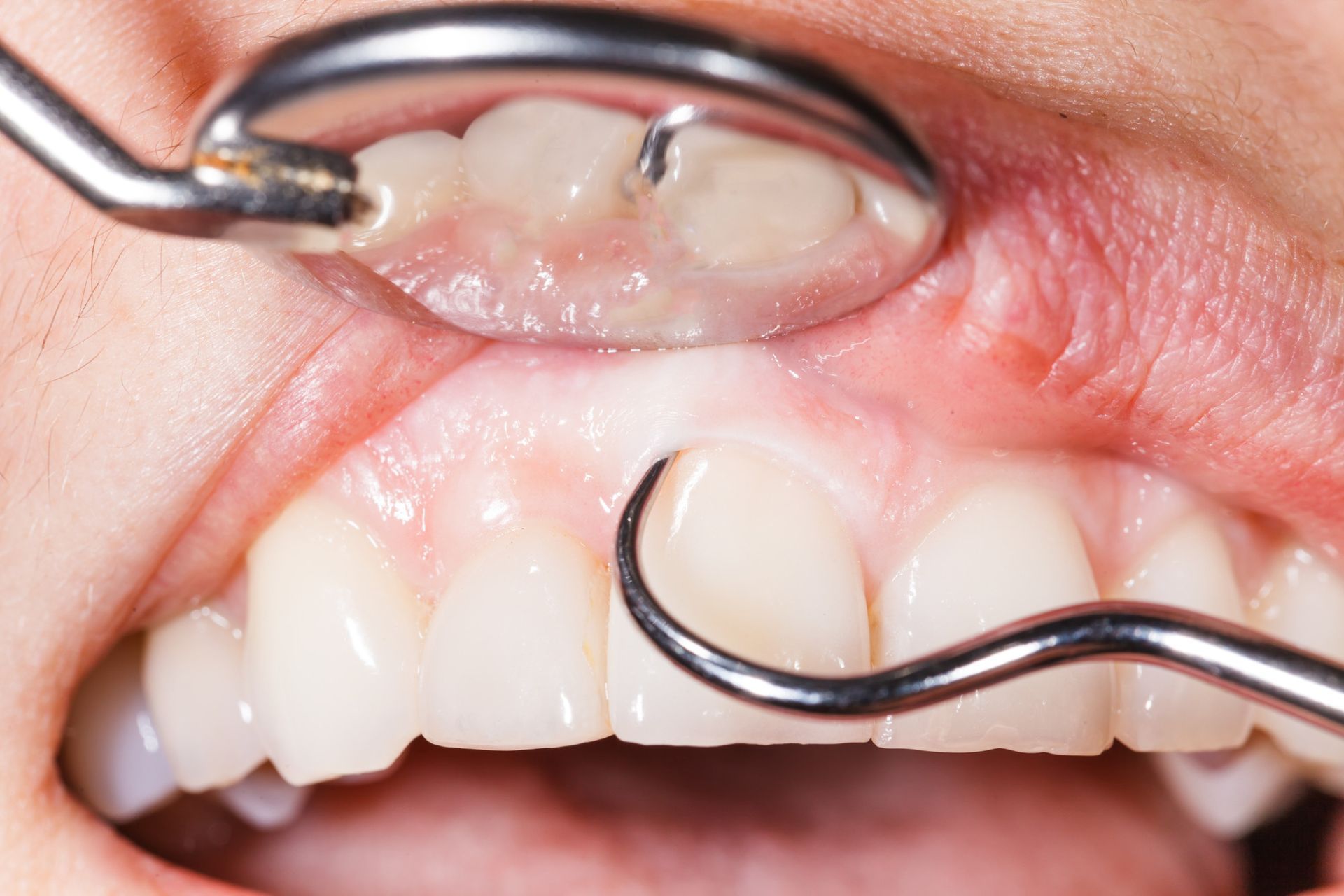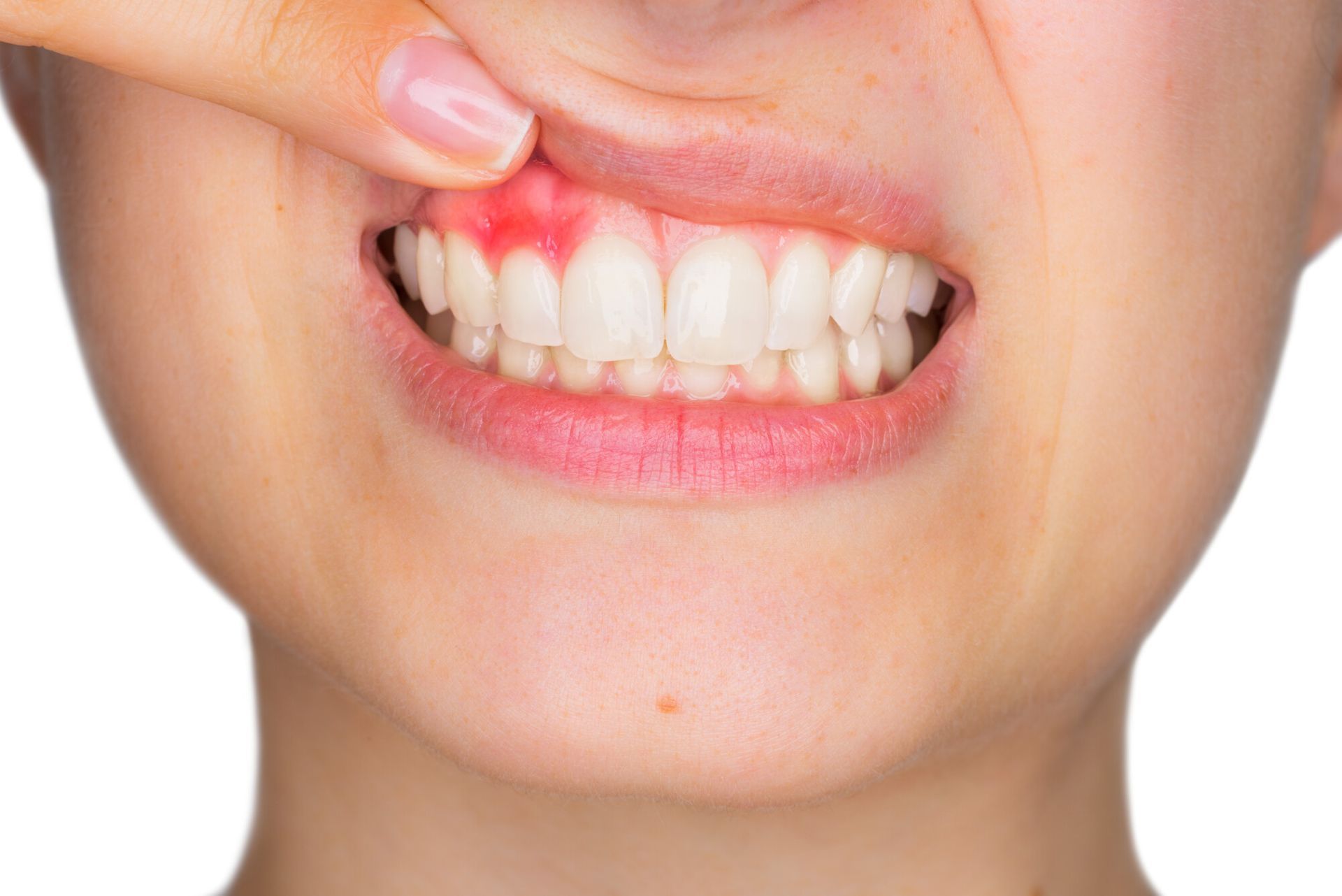Understanding the Steps of Wisdom Tooth Extraction
Around 84% of people who live in Canada have excellent oral health, and while that may sound like a lot, there is still a large chunk that has less-than-ideal oral health. When you don't take good care of your teeth, all sorts of dental problems can occur. One of the most unpleasant dental issues is a tooth infection.
The only real way to treat such an infection is with a root canal, but what is the root canal treatment cost? More importantly, what should you expect from a root canal treatment and what does it involve? Keep reading and learn more about root canal treatment costs as well as what this procedure is and why you may need one.
Why Do You Need to Extract Your Wisdom Teeth?
There are many reasons why wisdom teeth removal might be necessary. The main factor that comes into play is when wisdom teeth become impacted. Wisdom teeth erupt in the mouth in a person's late adolescence or early adulthood.
They are the final pair of teeth that a person will develop and they erupt at the very back of the mouth behind your molars. Many thousands of years ago in the past, wisdom teeth used to be very helpful for people to chew on tough food like raw meat and ligaments. Also, back then, people had larger mouths and stronger jaws.
However, today, our mouths are much smaller and our jaws are much more delicate. This is simply the course of evolution that occurred as foods became more processed and softer. Today, wisdom teeth are not very useful and they often cause more harm than good.
When a wisdom tooth is impacted, this usually means that it is stuck against a nearby molar. As it tries to erupt out of the mouth, it may do so crookedly, which would then cause the tooth to press up against a nearby molar. Doing this could damage the molar and cause a lot of pain and inflammation.
The Details
In other cases, a wisdom tooth may not be impacted but may still need to be extracted. For example, wisdom teeth sometimes erupt sideways rather than right-side up. As you can imagine, this could cause some serious problems for your dental health and it certainly wouldn't make chewing food any easier.
In other cases, wisdom teeth may cause general inflammation and pain. Wisdom teeth can sometimes even result in bad infections. It is very important to get your tooth treated if you think it is infected.
This is because tooth infections can get very serious in only a short period of time. If the infection happens to spread, it could damage the rest of your teeth. Besides that, if the infection spreads to the rest of your body, it could be very dangerous to your overall health.
For that reason, if you are experiencing any pain or inflammation due to a wisdom tooth, it is a good sign to have it extracted. But what is the extraction process like?
Understanding the Wisdom Tooth Extraction Process
For the procedure, your dentist will use a special type of sedation to help relax you and numb you from the pain. Most extractions are outpatient procedures, which means that you can go home on the same day as the procedure. Extracting a wisdom tooth is generally a straightforward procedure, but there are certain things that can complicate it.
For example, if your wisdom teeth are impacted into your jaw bone or otherwise stuck in the bone under the gumline, it will be necessary to go through a more invasive type of procedure. You may even need to go to a special oral surgeon to go through this procedure safely since it is so much more invasive than a regular extraction.
With a surgical extraction, you will be rendered unconscious with general anesthesia. That way, you won't be aware of the procedure as it's happening and you won't feel any pain either. It will be necessary to cut into the gums and remove the teeth from the jawbone without damaging the delicate nerves in the area.
Fortunately, this type of surgical extraction is not very common. In most cases, general anesthesia is not necessary and instead, your dentist will use local anesthesia or IV sedation. With local anesthesia, you will still be conscious but you won't feel anything but a bit of pressure as the dentist removes the tooth.
With IV sedation, you will still be conscious but very woosy and numb, and you may even fall asleep.
What You Need to Know
Whatever the case, you will need someone to drive you home after the procedure if the dentist uses IV sedation or general anesthesia. Before the procedure even starts, you will have the chance to ask your dentist some important questions such as the length of the procedure, and so on.
Once the procedure is ready to go, your dentist will make an incision along the gum line to get better access to the wisdom tooth. In some cases, it may even be necessary to remove a small portion of the jaw bone that is holding onto the wisdom tooth. Then, with a special tool, the dentist will remove the tooth from your mouth.
This will leave a large hole and it will be necessary to sew it shut with the remaining flaps of gum tissue. Besides that, it will be necessary to pack the area with plenty of gauze to stop the bleeding and protect the hole. Before doing this, of course, the dentist will clean the area as much as possible so that an infection shouldn't take hold.
Once that's done, the procedure should be done and over with, and, as mentioned before, you should be able to go home the same day, as long as you have someone to drive you home, of course. But what should you expect as you recover from the procedure?
Dental Care After Wisdom Tooth Extraction
It is important to be very delicate with your dental care after extracting a wisdom tooth. This is because the site of the extraction will be very tender and sensitive. You will likely experience a variety of side effects after the procedure.
Most commonly, the area will bleed and be quite swollen and painful. Your dentist will likely give you some pain medication to help you get through the first few days or first week of recovery. The first week will be the hardest part of the recovery process since that is when the swelling will be at its worst.
For that reason, it is important to use cold packs to reduce the swelling. Eating cold, soft foods like ice cream can also help numb the area and soothe it. You may even develop some bruising around your jaw where the tooth was taken out.
This bruising will go away on its own after a week or so. The rest of the side effects should also go away after a week. Also, during the first few days of recovery, you should give yourself plenty of time to rest so your body can repair itself.
What to Know
Try to keep any physical activity to a minimum and be sure to stay hydrated. Drinking water is essential. In the same vein, you should avoid hot drinks like coffee or tea and you should avoid alcoholic drinks as these may irritate the treated site.
Do not eat any food that has crunchy or hard pieces like nuts. These foods can scrape up the treated area and irritate it even more. This is not to mention that hard pieces of food can get stuck in the area and even cause an infection.
Try to stick with hard foods like ice cream, yogurt, and so on. As for your dental hygiene, you shouldn't use a toothbrush for a few days to clean your teeth. Instead, try using mouthwash or a similar product to wash out your mouth.
This is because a toothbrush is yet another thing that could irritate the area. After about two weeks, your mouth should be much better.
Frequently Asked Questions (FAQs)
All About Wisdom Tooth Extraction
Wisdom tooth extraction may sound like a scary procedure, but it is really very straightforward and you can even go home the same day. As long as you take care of the treated site afterward, it should heal without any issues.
If you need to have a tooth extracted, contact us here.


